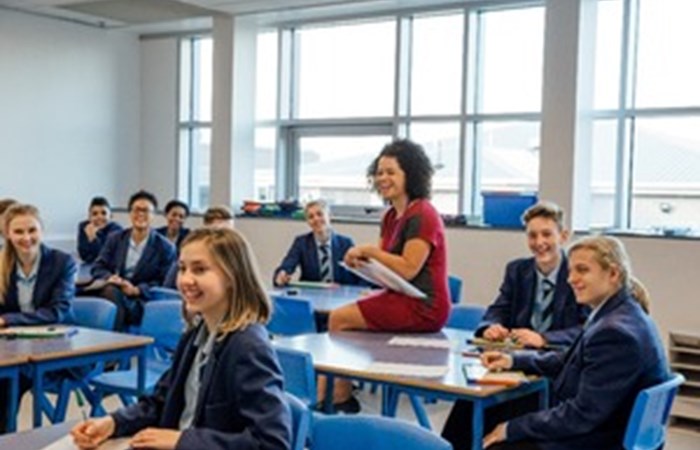Department For Education

Today the government has launched a consultation to introduce new protections for children and young peoples education during any future strike action. The planned measures will provide greater reassurance and certainty for children and parents.
Minimum service levels will ensure that in the event of any future strike action, children and young people can continue to receive education and do not miss out on any vital learning. The legislation brings us in line with countries like France, Italy, Spain where public services reliably continue in times of industrial action.
This years school strikes were part of the biggest outbreak of industrial action in a generation, with far reaching consequences across the education system. Cumulatively over 25 million school days have been lost over 10 strike days in schools alone.
This strike action also came at a time when schools and colleges were doing their best to recover from the impact of Covid on children and young peoples education. Setting regulations for minimum service levels will help us safeguard childrens time in education from further disruption caused by industrial action.
The consultation invites views on a number of proposals. These include priority attendance for vulnerable children and young people, exam groups, children of critical workers and primary school pupils, as well as the use of rotas for strikes lasting five days or more.
Education Secretary, Gillian Keegan said:
Keeping children in school is my number one priority. Last years school strikes were some of the most disruptive on record for children and parents with 25 million cumulative days lost, alongside the strike action that badly affected students in colleges and universities.
We cannot afford a repeat of that disruption - particularly as young people continue to catch up from the pandemic.
Whilst I know many schools and colleges worked really hard to keep children and young people in face-to-face education during strikes, we must make sure that approach is applied in every school, in every area of country.
This decision follows on from recent discussions between Education Secretary, Gillian Keegan, and education trade unions to explore voluntary agreements in schools and colleges.
While talks with the education unions were constructive, not enough progress was made to ensure protections for children and young people would be in place for the next academic year.
The government has therefore taken the step to open the nine-week consultation to hear the views of parents, young people and the education sector on how best to ensure minimum service levels in schools, colleges as well higher education institutions.
Many school and college leaders worked hard to keep classrooms open and prioritise places for pupils and students sitting external exams, vulnerable children and children of critical workers.
The governments proposals set out minimum service levels which would ensure the groups who need face-to-face education the most can continue to access education on strike days.
The government is also seeking evidence of the impact of strike action in higher education to determine if a minimum service level could mitigate the impact of any future strike action.
Earlier this month the Prime Minister announced that minimum service levels legislation for rail, ambulance and border force workers will be passed to mitigate disruption to the public if strikes are called.
DfE media enquiries
Central newsdesk - for journalists 020 7783 8300
Related Articles
Comments
Write a Comment
Ministerial Departmental News
- PM's Office, 10 Downing Street
- Cabinet Office
- Department for Business, Innovation and Skills
- Department for Communities and Local Government
- Department for Culture, Media and Sport
- Department for Education
- Department for Environment, Food and Rural Affairs
- Department for International Development
- Department for Transport
- Department for Work and Pensions
- Department of Energy and Climate Change
- Department of Health
- Foreign and Commonwealth Office
- HM Treasury
- Home Office
- Ministry of Defence
- Ministry of Justice
- Northern Ireland Office
- Scotland Office
- Wales Office
- See all departments
